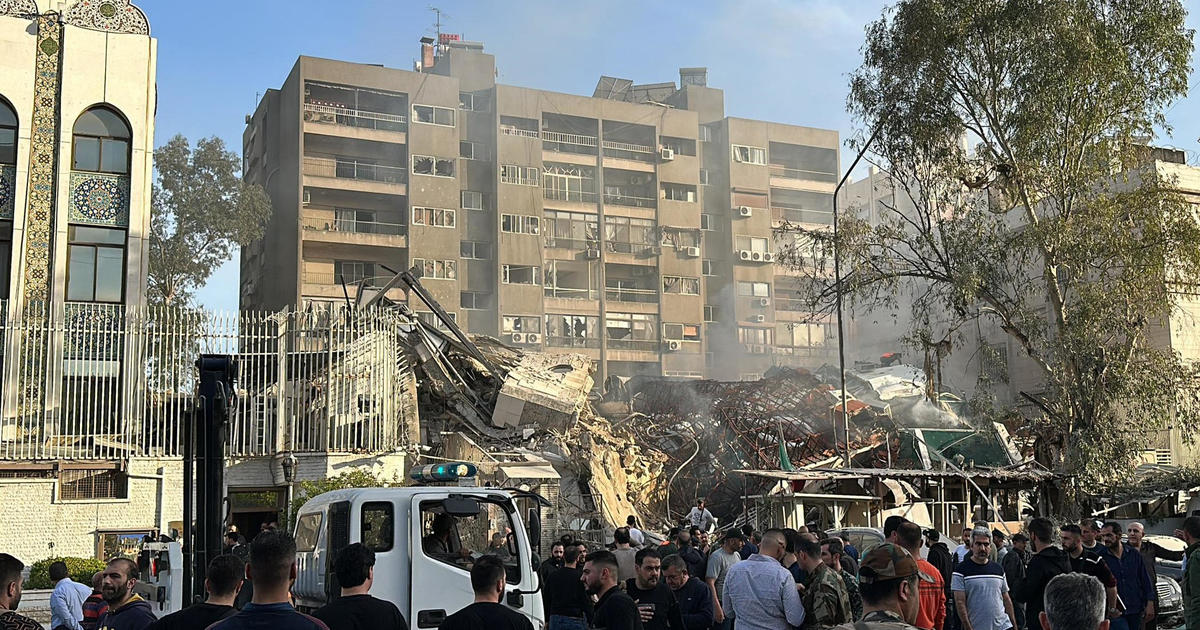Israel and the U.S. are on high alert following an Israeli strike on an Iranian consulate in Syria, which resulted in the deaths of several senior leaders of Iran’s Islamic Revolutionary Guard Corps. U.S. officials have received intelligence indicating that Iran is preparing to retaliate, possibly using Shahed loitering drones and cruise missiles in an attack that could target an Israeli diplomatic facility. The timing and location of the potential retaliation are unknown, but it is expected to occur between now and the end of Ramadan. There is speculation that the drones and missiles could be launched from Iraq, Syria, or Iranian territory, which would impact Tehran’s ability to deny involvement.
A public funeral was held in Tehran for the seven IRGC members killed in the Damascus strike, with IRGC commander Gen. Hossein Salami warning that Israel will face consequences for the attack. While the specifics of how and when Iran will retaliate remain unclear, the threat of further escalation is a cause for concern. The Biden administration has emphasized that the U.S. had no prior knowledge of the Israeli strike and has pledged support to Israel in defending against Iranian threats. Efforts are being made to prevent Iranian retaliation from targeting American facilities, with the U.S. sending a warning to Iran not to use the Israeli strike as a pretext for attacking U.S. personnel and facilities.
Israel has publicly stated that it will retaliate against any Iranian attack, raising the stakes for further conflict in the region. Iranian officials have warned the U.S. to stay out of the situation, while the U.S. has communicated through diplomatic channels to urge Iran not to target American interests. The involvement of the Swiss government as a conduit for these messages highlights the delicate diplomatic situation between the U.S. and Iran. With U.S. troops stationed in Syria and Iraq, the potential for a broader regional conflict is a significant concern, especially as Iraqi Prime Minister Shia al-Sudani prepares to visit the White House to discuss the U.S. military presence in the region.
The escalating tensions between Israel, Iran, and the U.S. raise the specter of a wider conflict in the Middle East. The threat of Iranian retaliation following the Damascus strike has put all parties on edge, with the potential for further attacks and counterattacks looming. The involvement of drones and missiles in the retaliation plans adds a new dimension to the conflict, as the means and targets of the attack remain uncertain. The role of the U.S. in supporting Israel and deterring Iranian aggression adds another layer of complexity to the situation, with diplomatic channels being utilized to try and prevent further escalation. As the region teeters on the brink of conflict, the actions and decisions of all involved parties will have far-reaching consequences for the stability and security of the Middle East.









